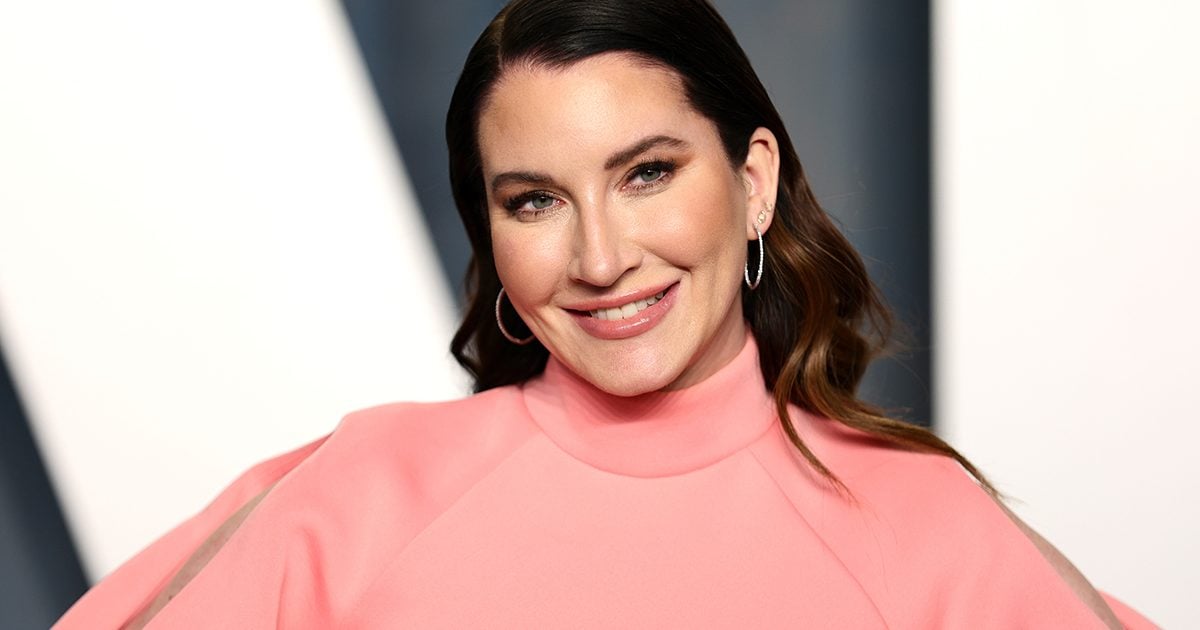Clea Shearer Announces New Breast Cancer Research Fund
- The Home Edit star announced the formation of the Clea Shearer Breast Cancer Research Fund during an appearance on the Today show.
- Shearer has been fighting breast cancer since discovering a lump in February and has documented the journey on social media.
- Breast cancer remains incredibly common in the United States, with around one in eight women being diagnosed over the course of their lifetime, making it the second most common type of cancer among women.
In February, shortly after she turned 40, Shearer was in New York for an appearance on Today when she found a lump.
Read More"I didn’t really anticipate the rolling impact it would continue to have. The piece I find the most incredible isn’t the outpouring of love but the outpouring of stories. The huge amount of people who have now, unfortunately, found cancer within their own body and wouldn’t have if I hadn’t rung the bell."
View this post on Instagram
Despite the seriousness of her disease and the ensuing treatment, Shearer has maintained a positive attitude.
"I think one thing I’ve realized about breast cancer is it attacks your femininity in such ways we don’t even know we’re attached to," she said. "But there are other things that are really beautiful about it, too. All my scars feel like strength, they feel like battle wounds."
On Today, the TV personality shared that she has founded the Clea Shearer Breast Cancer Research Fund.
"Our goals are really raising awareness for self-advocacy and making sure screenings are available to women everywhere," she said. "Ultimately, the way to cure cancer is through research. Hopefully this fund helps propel that research forward."
She hopes that others will learn this lessons that she has about her own resiliency.
"I thought I was more of a delicate flower. It’s been real learning for me. I’ve surprised myself with the things I’m able to do," she said.
While Shearer is still in the middle of her battle, she hopes that once she emerges victorious, the help she can bring to others will be a continuing part of her legacy.
"This is going to be a piece of my life forever and I think making my cancer count is what brings me the most joy."
Breast Cancer Facts
Breast cancer remains incredibly common in the United States, with around one in eight women being diagnosed over the course of their lifetime, making it the second most common type of cancer among women. According to BreastCancer.org, over 43,000 American women are expected to die of the disease this year.
Genetic testing has become a key part of risk assessment for cancer, due to the disease’s link to the BRCA1 and BRCA2 genes. Women with mutations on those genes are at increased risk of developing breast cancer. However, those mutations are linked to only five to 10 per cent of breast cancer cases.
The American Cancer Society recommends several steps to help catch breast cancer early, including yearly mammograms for women as young as 40, although that age goes down to 30 for women who are at high risk for the disease.
What Chemotherapy For Breast Does
Aside from her surgery, Shearer also underwent chemotherapy as part of her treatment. Chemotherapy involves using strong drugs and can be used in a variety of situations. Sometimes, they’re used to shrink a tumor before surgery or to kill remaining cancer cells after the surgery is done, as was the case for Shearer. Other times, they’re used without surgery.
Many factors go into a doctor’s decision to recommend therapy, including age, type of cancer and what stage it’s in.
If the patient's breast cancer is triple-negative, which means the three main types of receptors estrogen, progesterone and the HER2 protein don't fuel the cancer, chemotherapy is typically the treatment. This is because the cancer does not respond to certain targeted therapies.
Women who are diagnosed with HER2-positive breast cancer have high levels of the HER2 protein on the outside of their cancer cells. For patients with early-stage disease, meaning they have relatively small tumors and no lymph involvement, a number of HER2-directed therapies have dramatically changed the landscape. These include chemotherapy drug trastuzumab (brand name: Herceptin), as well as pertuzumab (brand name: Perjeta), which is a monoclonal antibody used in combination with chemotherapy.
With files from Sydney Schaefer
Learn more about SurvivorNet's rigorous medical review process.


